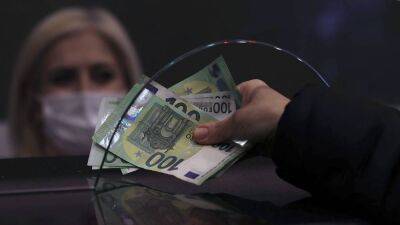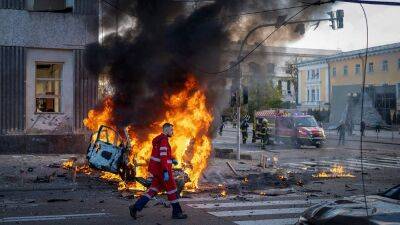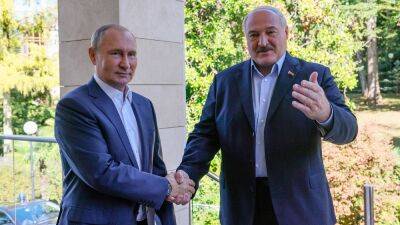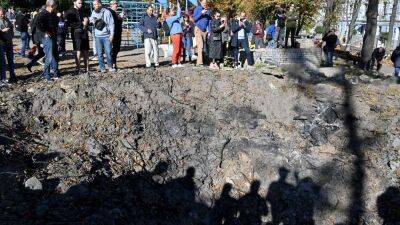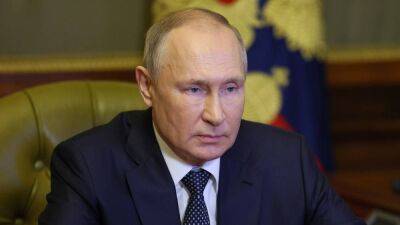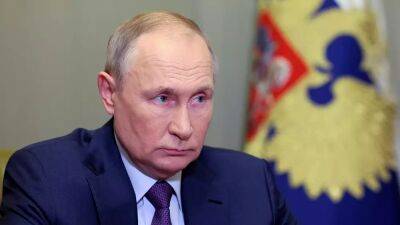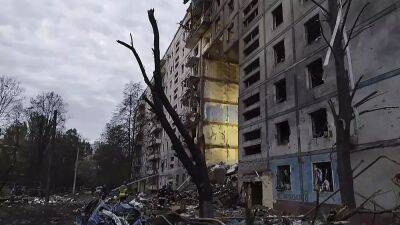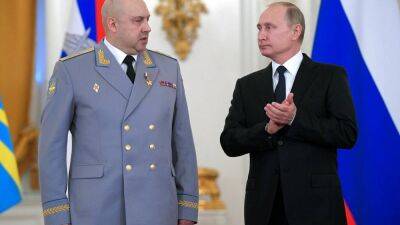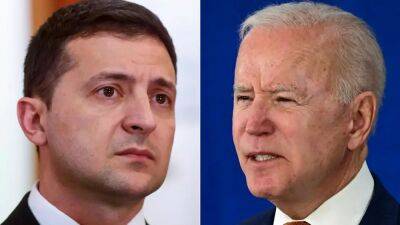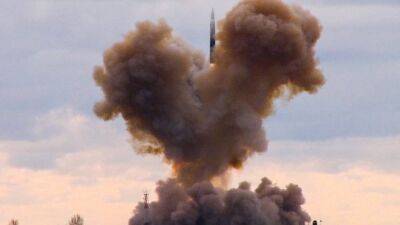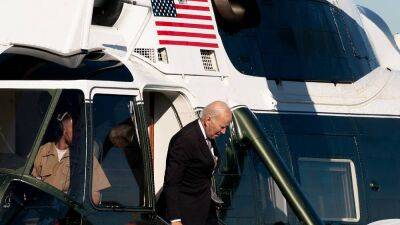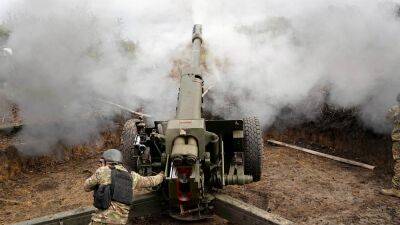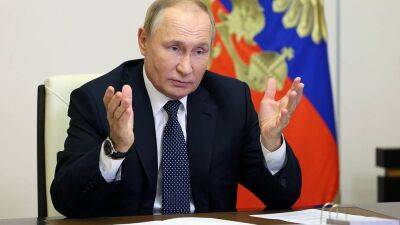Behind Moscow’s bluster, sanctions are making Russia suffer
Fears that Russia is navigating its way around sanctions are unfounded, according to experts who say Moscow is suffering a bigger hit than institutions such as the World Bank have been predicting.
Some analysts have interpreted the strength of the rouble, the size of the warchest of cash available to Vladimir Putin and the Kremlin’s ability to redirect exports destined for Europe to willing southern neighbours as a signal that the arsenal of sanctions deployed against Moscow is failing to bite.
But the economist Mikhail Mamonov thinks otherwise. He was part of a team that modelled the Russian economy in 2014. It measured the impact of sanctions in the wake of Putin’s annexation of Crimea, and revealed that even the minimal financial and trade blockade imposed at the time had had an impact.
Hi-tech exports to the Russian oil industry were banned. The military was unable to get parts from the west and state-owned banks were blocked from making some transactions. The impact of those measures was judged to have cut GDP growth by about 1%, private consumption by 2% and investment by 3.5%.
The financial retaliation over Ukraine is on a different scale. All hi-tech exports are banned, and Russia has been thrown out of the international financial system altogether.
Mamonov has used his 2014 model as a baseline to measure the impact on business, households and the macroeconomy. He says it will be far deeper this time. “The International Monetary Fund said earlier this year that the Russian economy would shrink by 6% in 2022; with the extra impact from sanctions, our model shows it will be more like 10%,” says Mamonov. He believes consumption by households and businesses will shrink 10%-15% and investment will fall by 17% in 2022. “It
Read more on theguardian.com


 theguardian.com
theguardian.com